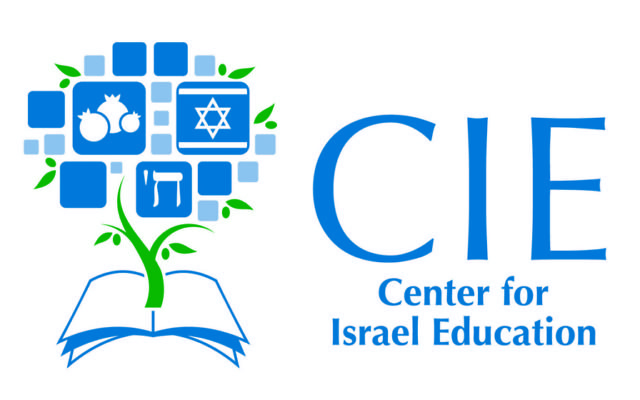A Call for Diaspora-Israel Unity
By Eli Sperling
Center for Israel Education
On Friday, Dec. 2, representing the Center for Israel Education, I had the pleasure of joining Rabbi David Spinrad of The Temple, Deputy Consul General of Israel to the Southeast Anat Fisher-Tsin and the Atlanta Jewish Music Festival for a celebration of the Israel Movement for Progressive Judaism’s Diaspora-Israel Unity Day.
A gathering of about 60 participants at The Temple as part of the Well young professionals community, the event centered on the complicated and multifaceted Diaspora-Israel relationship. Through group study, music and thoughtful presentations, participants worked toward creating bridges between these two often-disparate halves of world Jewry.
My contribution was a 20-minute presentation and text study. Comparing the perspectives of Israeli author A.B. Yehoshua, who is outspokenly critical of Jewish life in the Diaspora, and Israeli professor Yeshayahu Leibowitz, who highlights the rich spiritual past of Diaspora Judaism, we dug into the modern tensions between Jews in the Diaspora and Israelis.
During the early years of statehood, Israelis actively distanced themselves from the Diaspora. Fiercely nationalistic, strong, determined to defend themselves, largely secular and Hebrew-speaking, the “New Jew” of Israel was seen internally as antithetical to what many Israelis felt the Diaspora represented. As Yehoshua stated, “Full Jewish life could only be had in the Jewish state.”
Still scarred from the oppression-riddled experience of European Jewry, Israel separated itself from what it saw as Judaism’s feeble past. Over the years, this Israeli view of the Diaspora softened substantially. Yet there are remnants.
Not dissimilarly, many Diaspora Jews, specifically in the United States, distanced themselves from Zionism and then Israel. Afraid that such association might label them as having dual loyalty, American Jews were often more concerned with being viewed as “fully American.”
Beginning after Israel’s independence in 1948 and accelerating after the June 1967 war, this attitude has almost fully disappeared.
Still, American Jews today intentionally separate themselves from Israel, citing numerous political and cultural reasons for doing so.
Leibowitz has implored Diaspora Jews to build on the “spiritual greatness and creativity” outside Eretz Yisrael; it is imperative that we continue looking eastward, learning from and contributing to the cultural and spiritual richness that unfolds every day in Israel.
Israelis also should continue building bridges with Diaspora communities, learning from and contributing to Jewish life all over the globe. Representing roughly 0.2 percent of the world’s population, Jews should not allow geography, nationality and insignificant issues to divide their peoplehood.
For more information on the Israel Movement for Progressive Judaism’s work to link Israel and the Diaspora, visit www.reform.org.il/Eng/Domim/Domim.asp.
Eli Sperling is an Israel specialist and assistant program coordinator for the Center for Israel Education (www.israeled.org).




comments